Schizophrenia is a mental illness that changes the way a person sees the world. Teens with schizophrenia may have trouble telling what is real and what is not. This is called a psychotic disorder. It is not the same for everyone, but it often includes psychotic symptoms like hearing voices (auditory hallucinations), seeing things that aren’t there (visual hallucinations), or believing things that aren’t true (delusions).

The symptoms of schizophrenia can be different in every teen. Some teens have strong, sudden symptoms (positive symptoms), while others may slowly change over time.
Common symptoms of schizophrenia in adolescence include:
These signs of schizophrenia may first appear in the prodromal phase, which is the early stage before the full illness begins.

Schizophrenia is a complex mental illness. It is not caused by just one thing. Instead, it is the result of a complex interplay between different factors.

Adolescents with schizophrenia may have trouble with school, friendships, and home life. They may struggle with emotional disorders like depression in schizophrenia or anxiety disorders. Their behavior might seem unusual or hard to understand.
They might also stop doing things they used to enjoy. They may no longer want to spend time with others or have trouble keeping up with daily tasks. The lack of motivation and emotion can lead to isolation.
Schizophrenic symptoms are often broken into three main types:
Understanding these symptoms helps in creating the right treatment plan.

We offer online treatment options for teens with schizophrenia. Early help can make a big difference. Treatment often includes a combination of medication and therapy.
These medications help reduce psychotic symptoms like hallucinations and delusions. There are typical and atypical antipsychotics. Atypical antipsychotics are often used in teens. Medication schedules are important for managing symptoms and avoiding potential side effects like weight gain or movement disorders.
Behavioral therapy helps teens cope with their thoughts and feelings. It also teaches skills for daily life and school. Therapy can include Cognitive Remediation Therapy, which helps with thinking and memory.
Family therapy teaches families how to support their teen and manage stress. Families learn about schizophrenia and how to work together.
Teens are also encouraged to take part in exercise therapy and activity during leisure time. Staying active helps improve mood and overall mental health.
Our online services let teens get help from the comfort of home. We work with adolescents with schizophrenia all across California, including Laguna Hills. Teens connect with licensed providers through video sessions. This makes treatment easier and more flexible.
Even though schizophrenia is serious, many teens can improve with the right help. We believe in each teen’s ability to grow and build a good future. Our online program is made just for teens. We meet them where they are and help them reach their goals.

Adolescent Mental Health is a dedicated virtual mental health treatment center exclusively focused on the mental health needs of teenagers, offering specialized care to address the unique challenges teens and families face.
Compassionate support, expert guidance, and tailored programs for adolescent mental health.
Connect with Adolescent Mental Health today. Let us guide your teenager towards resilience and well-being.